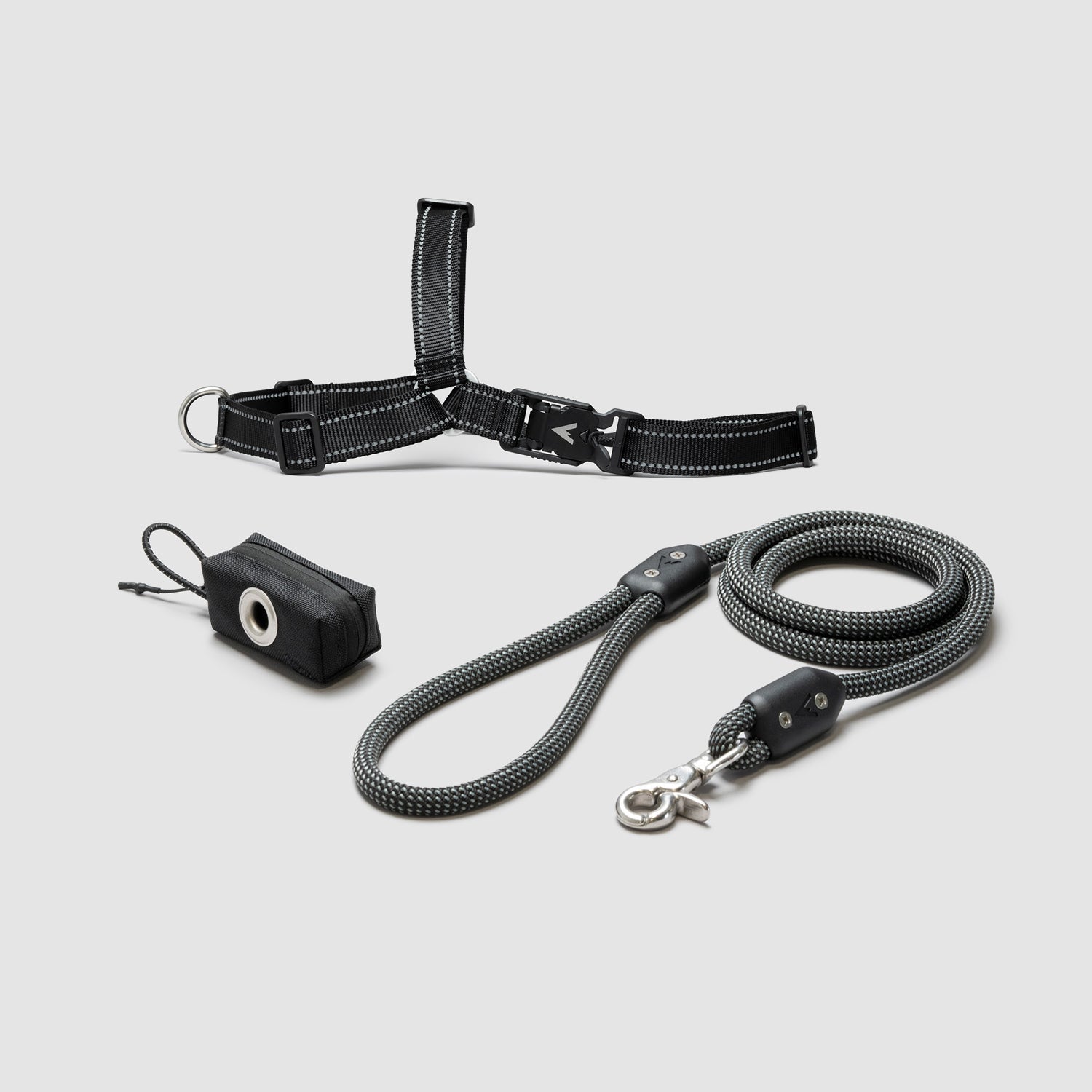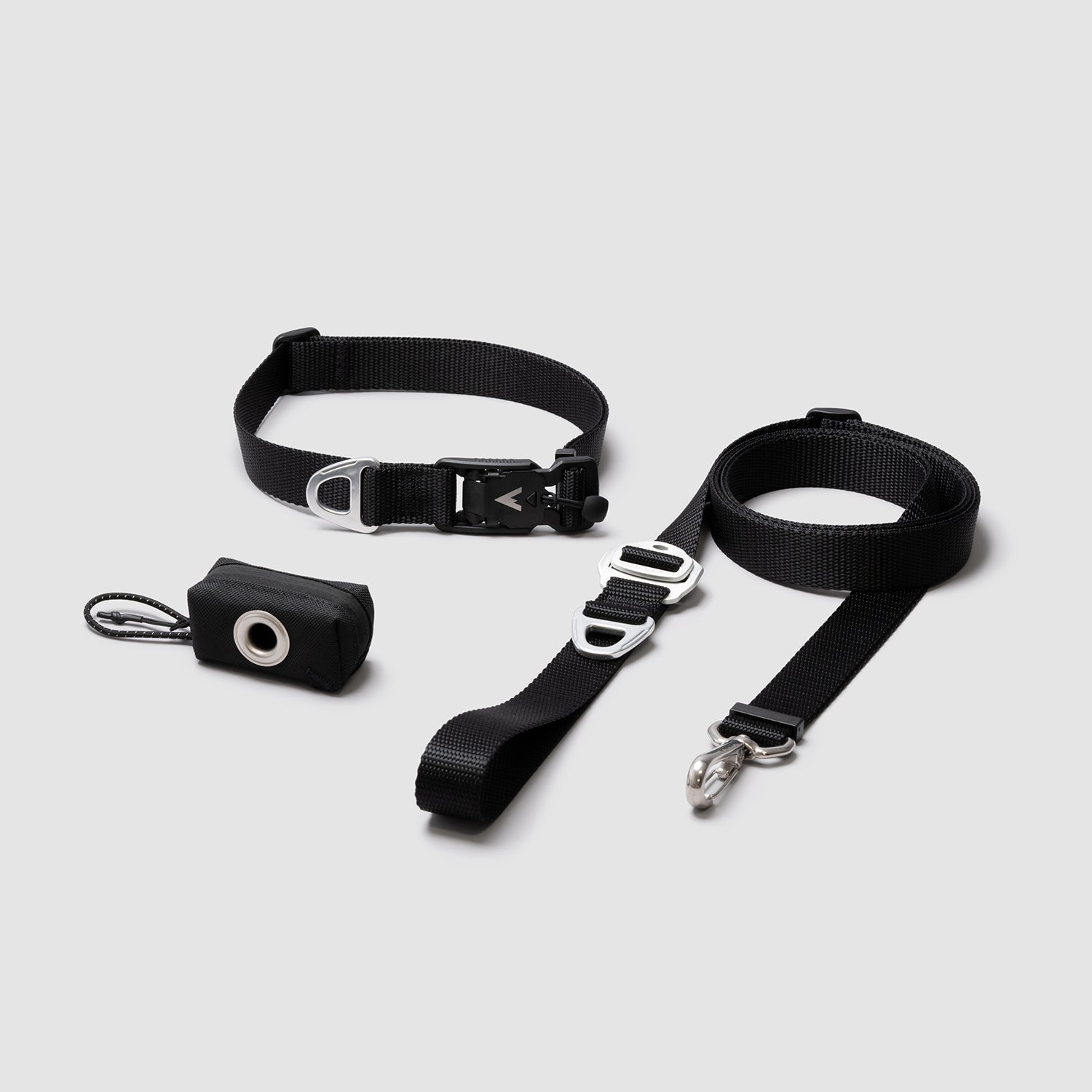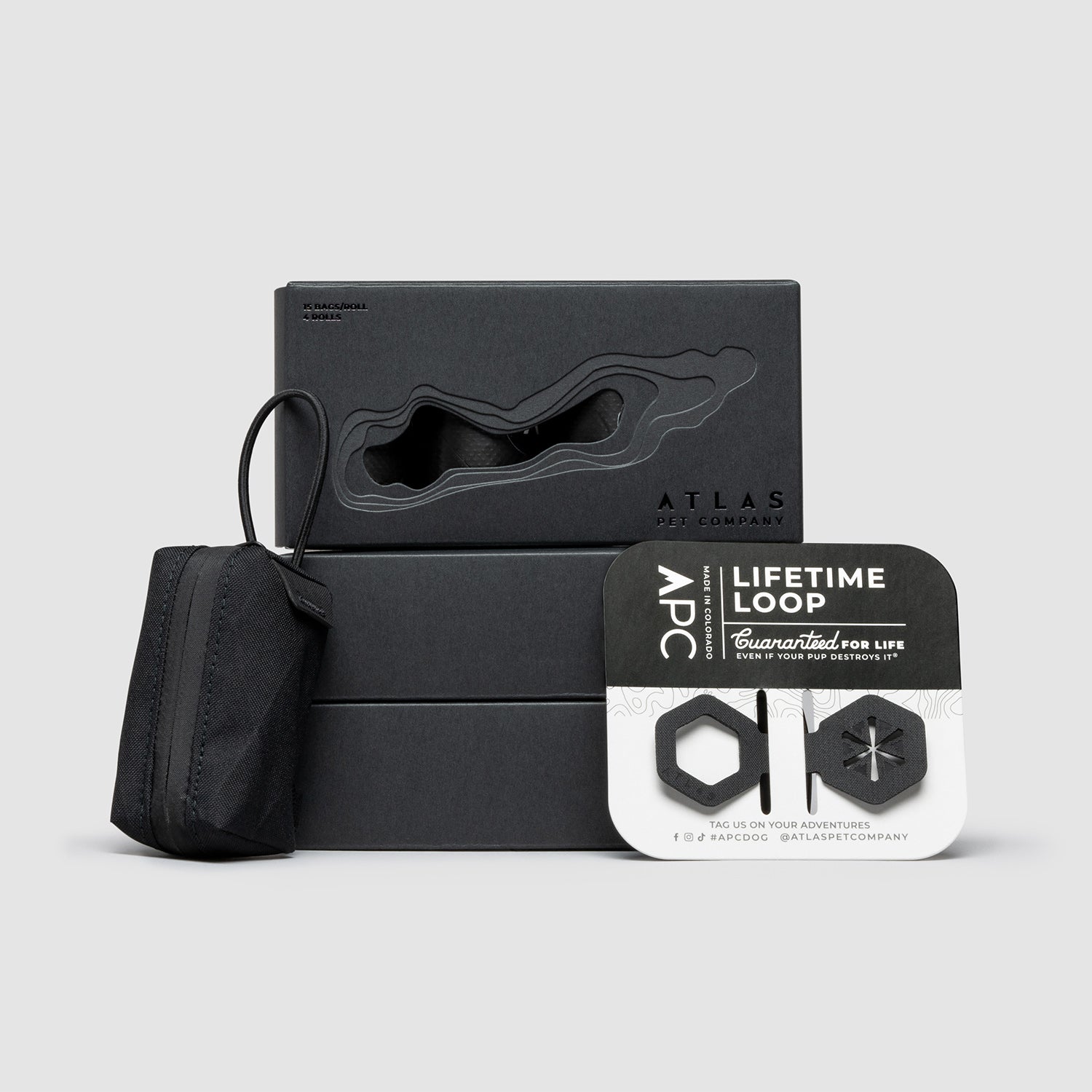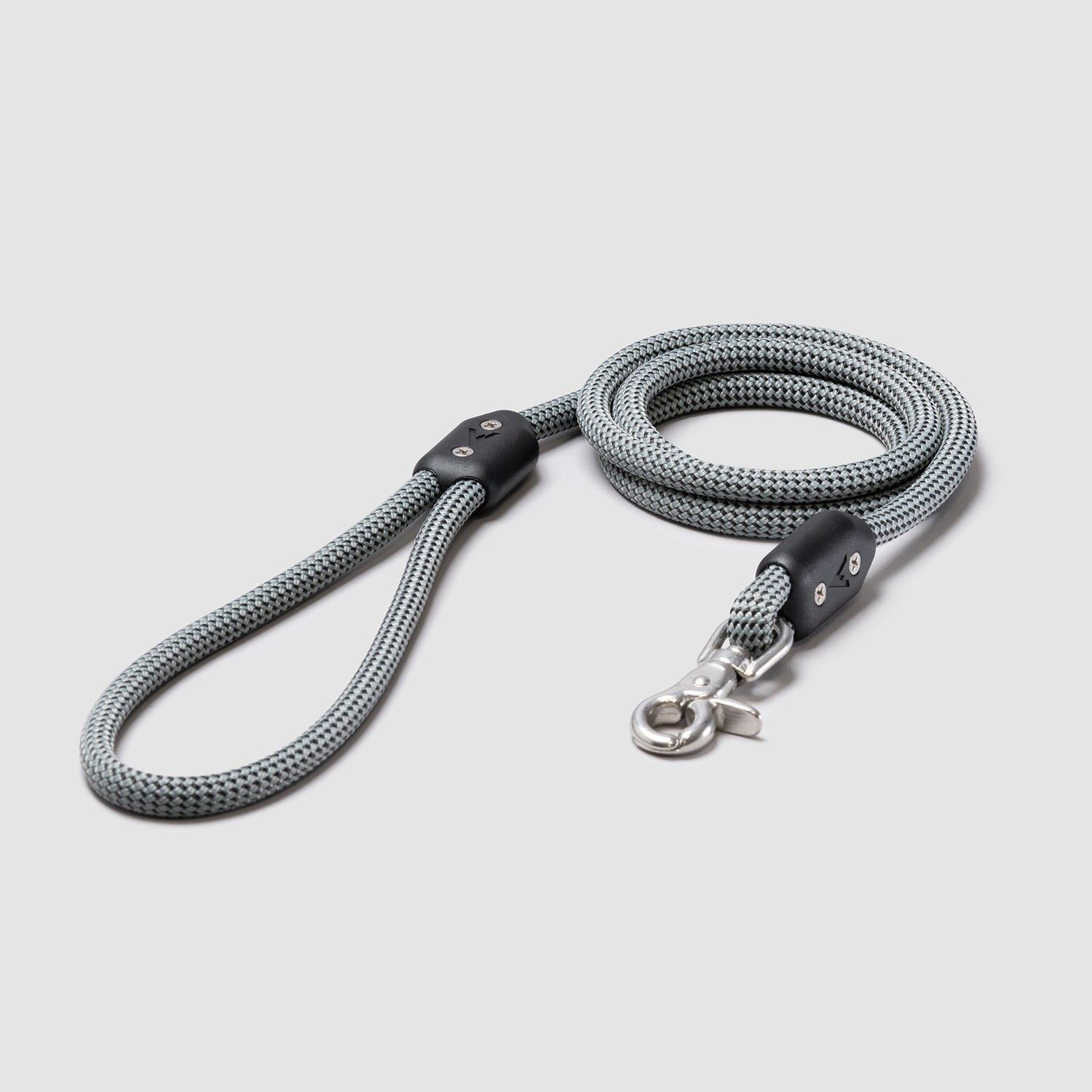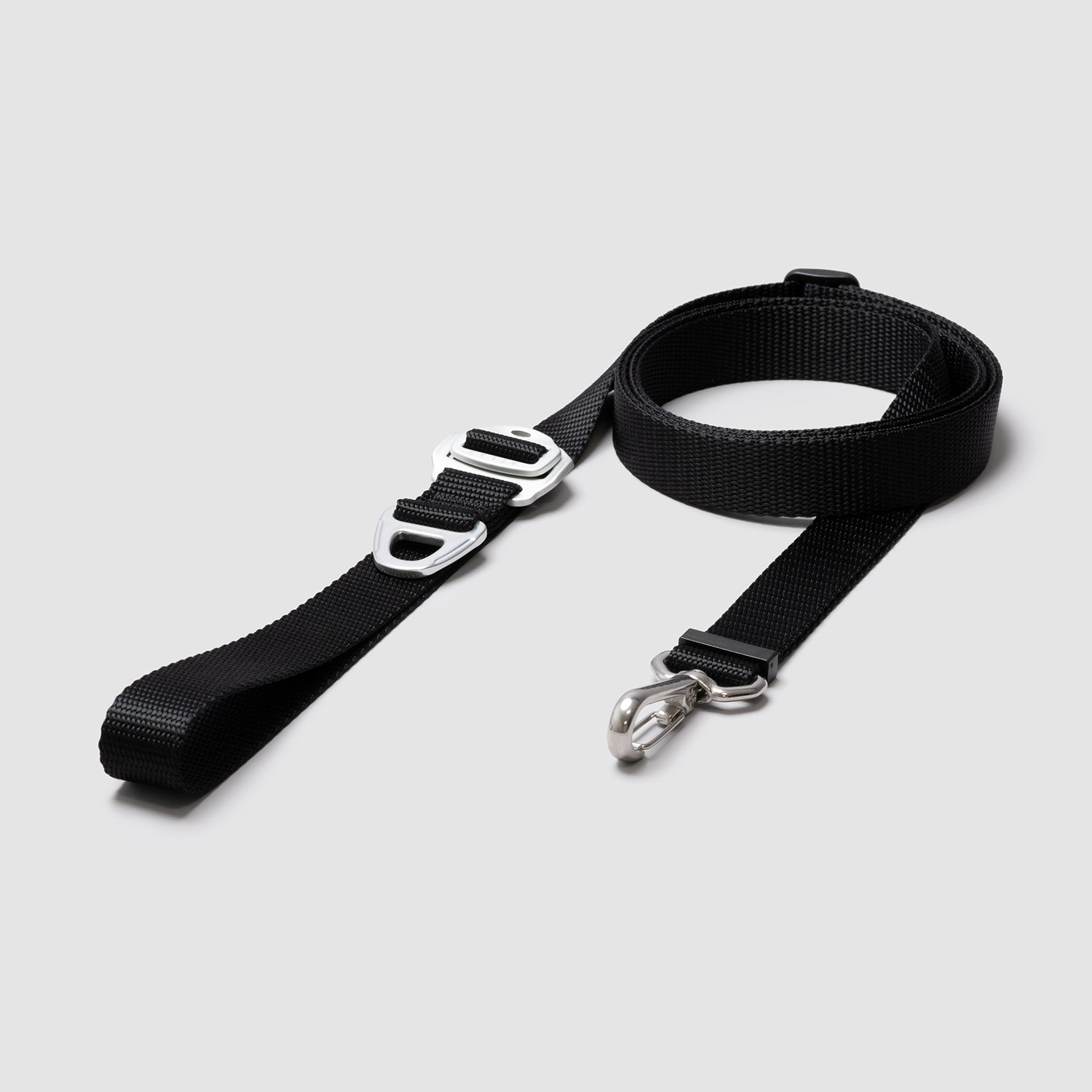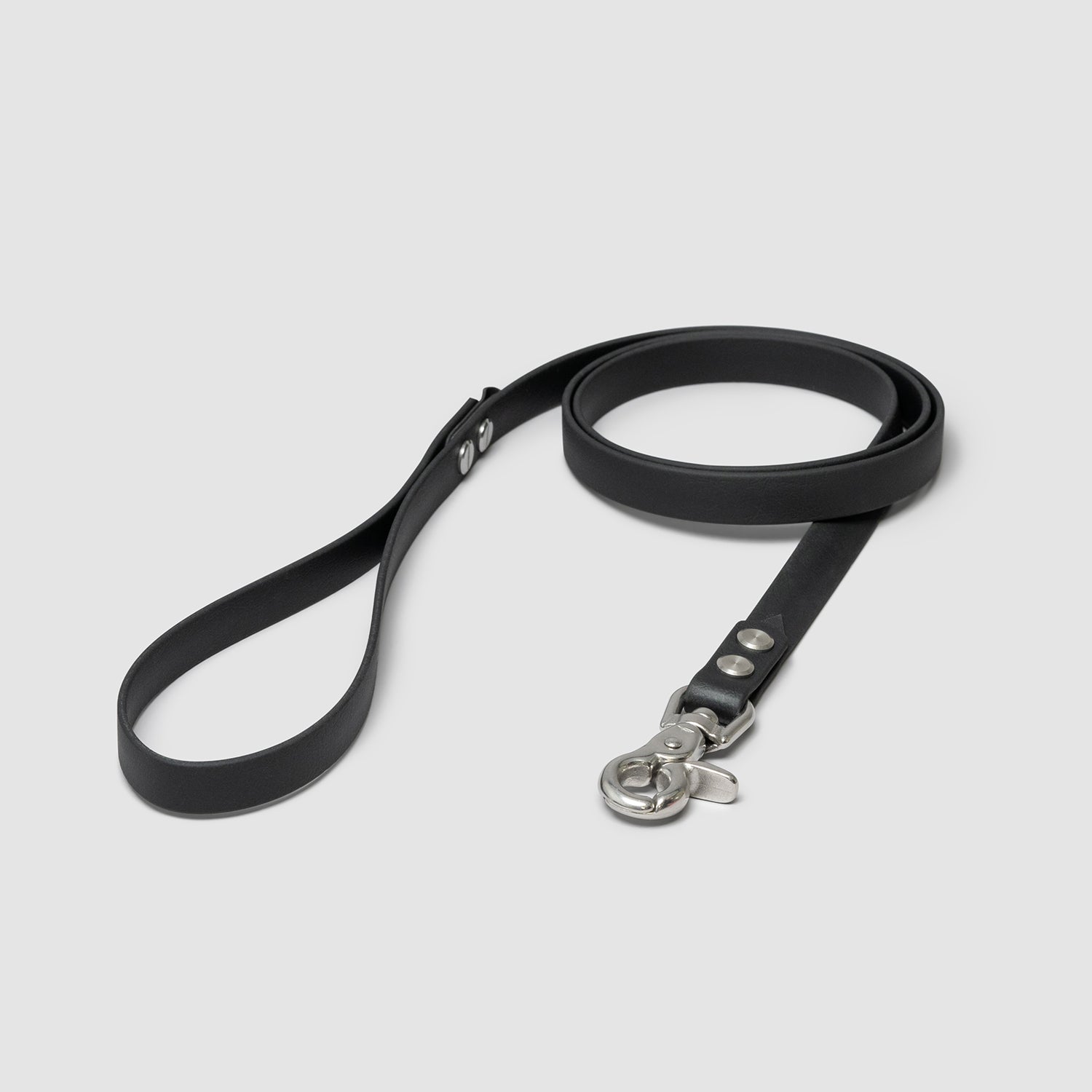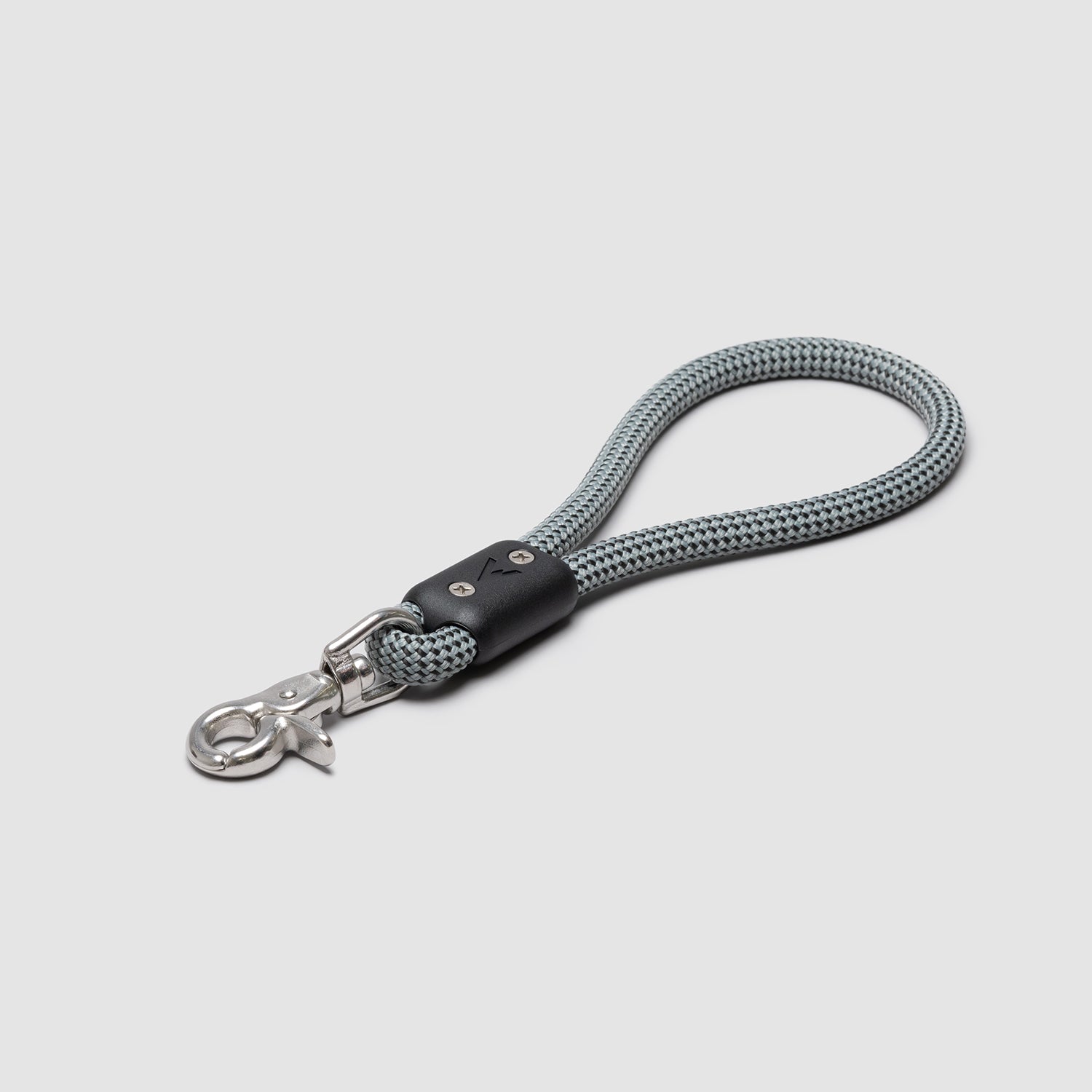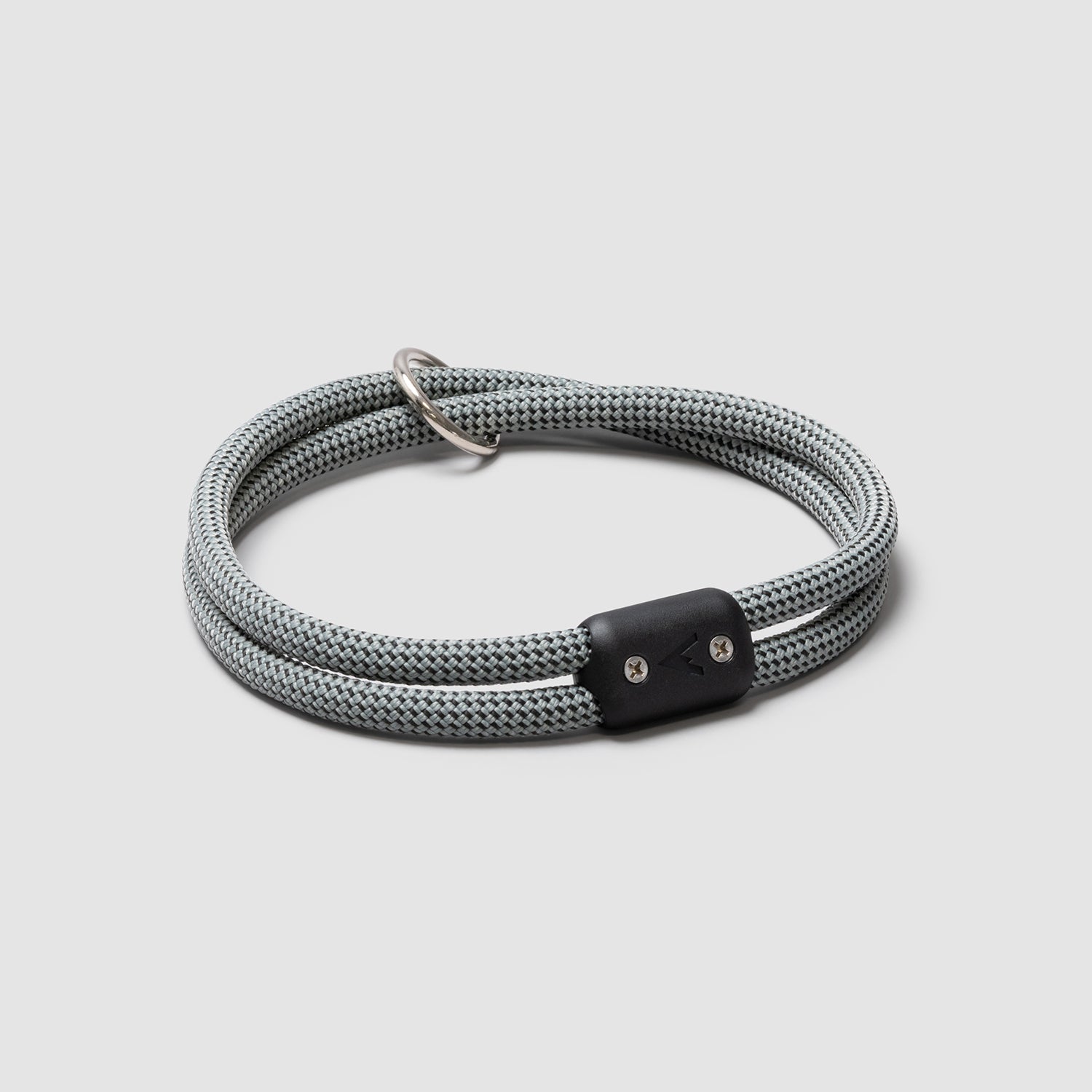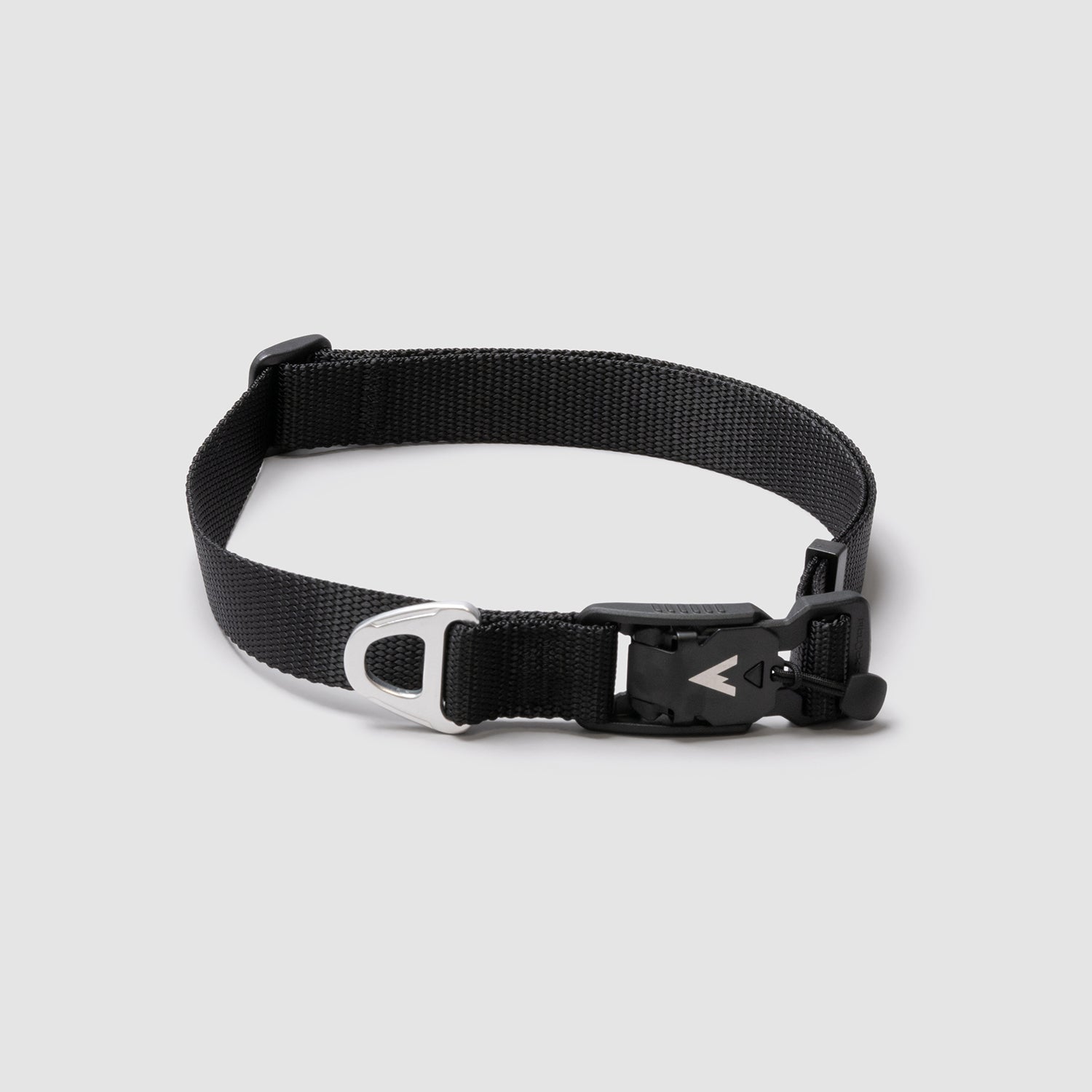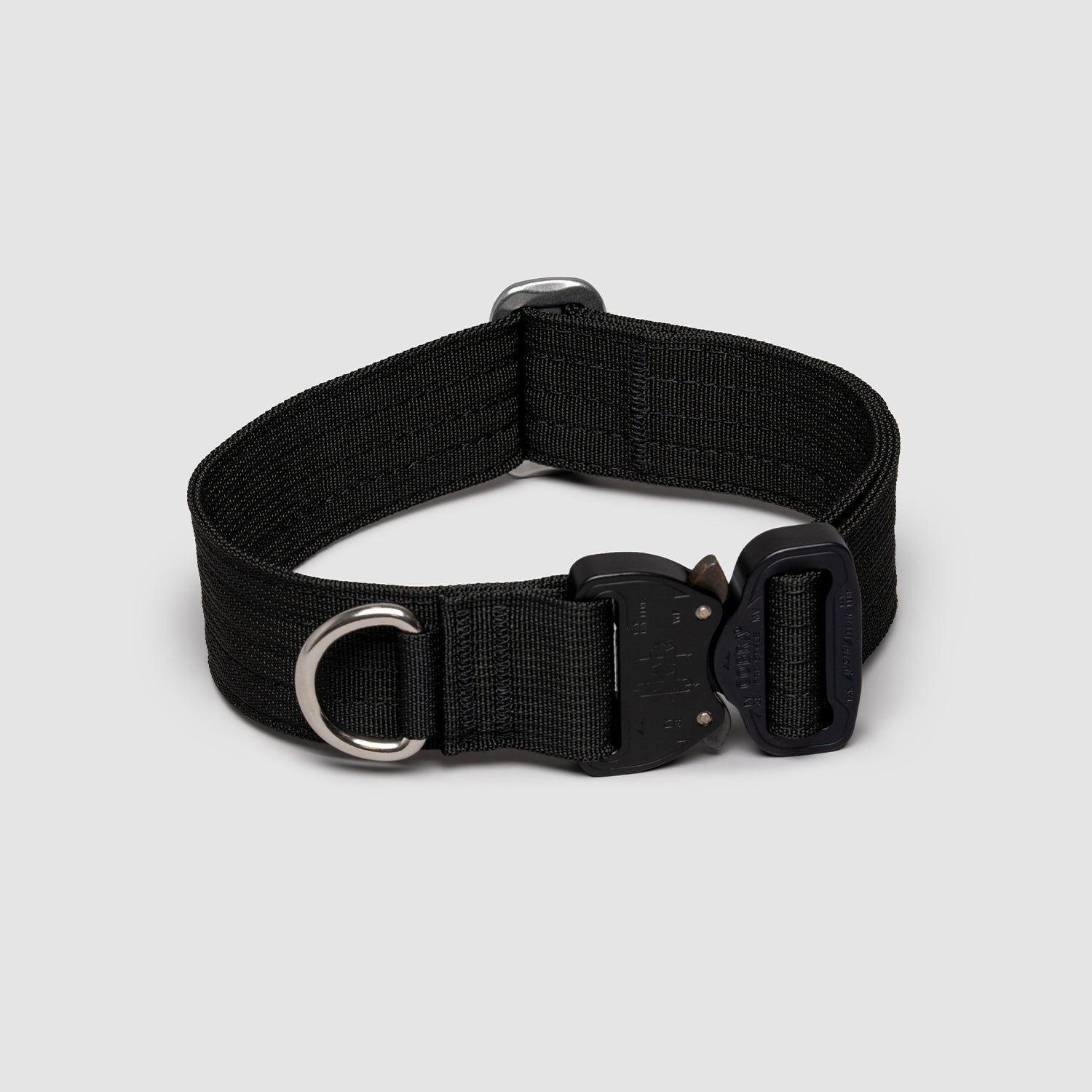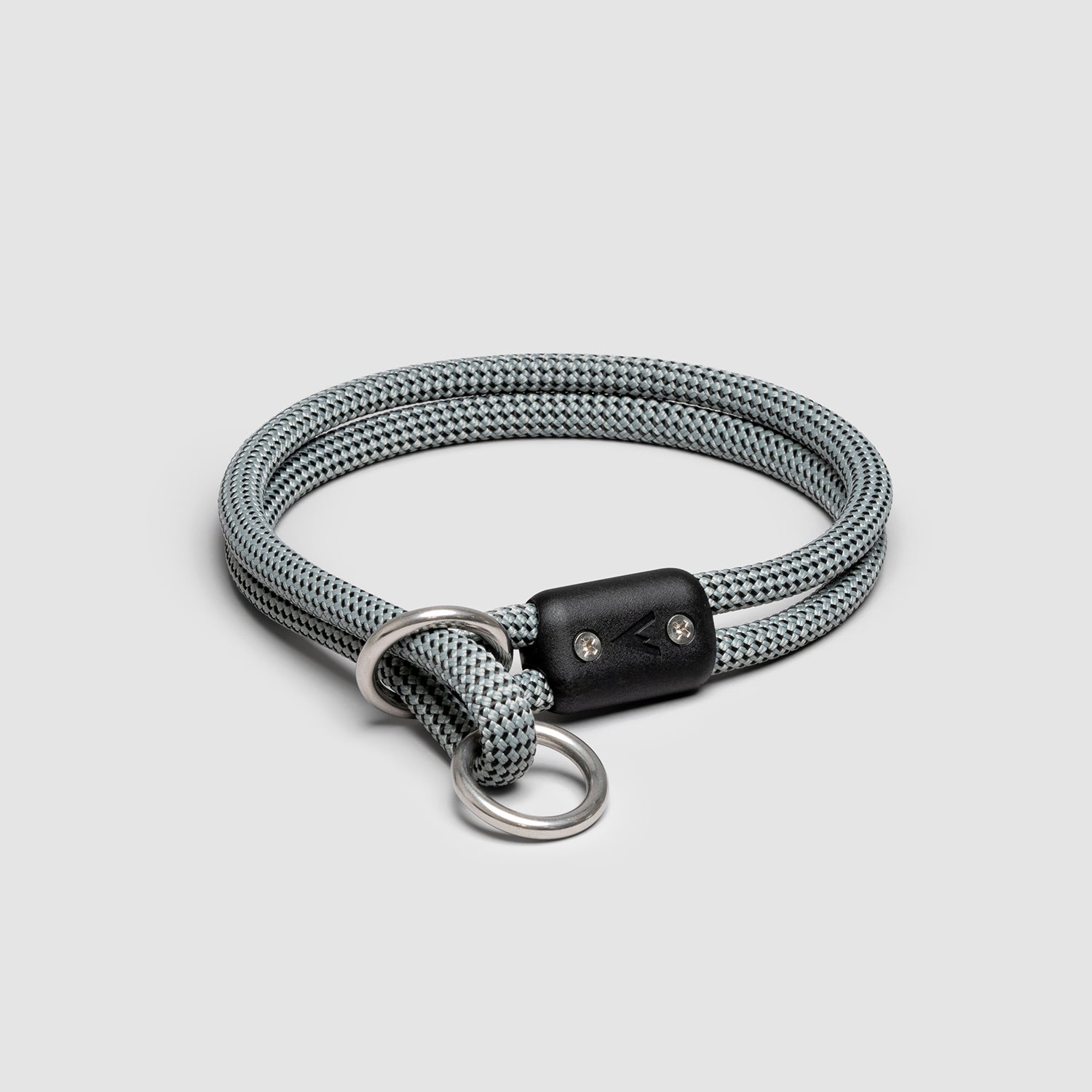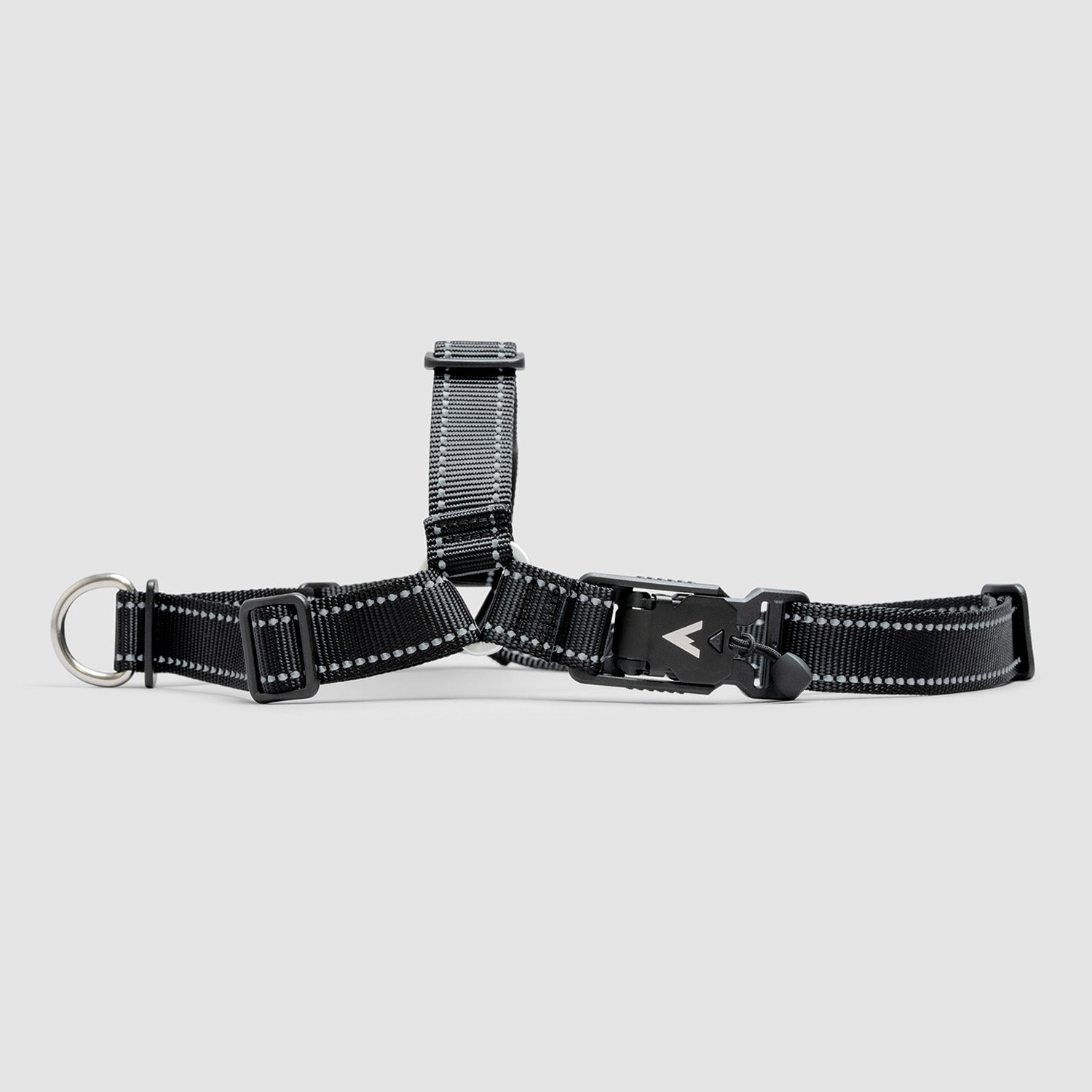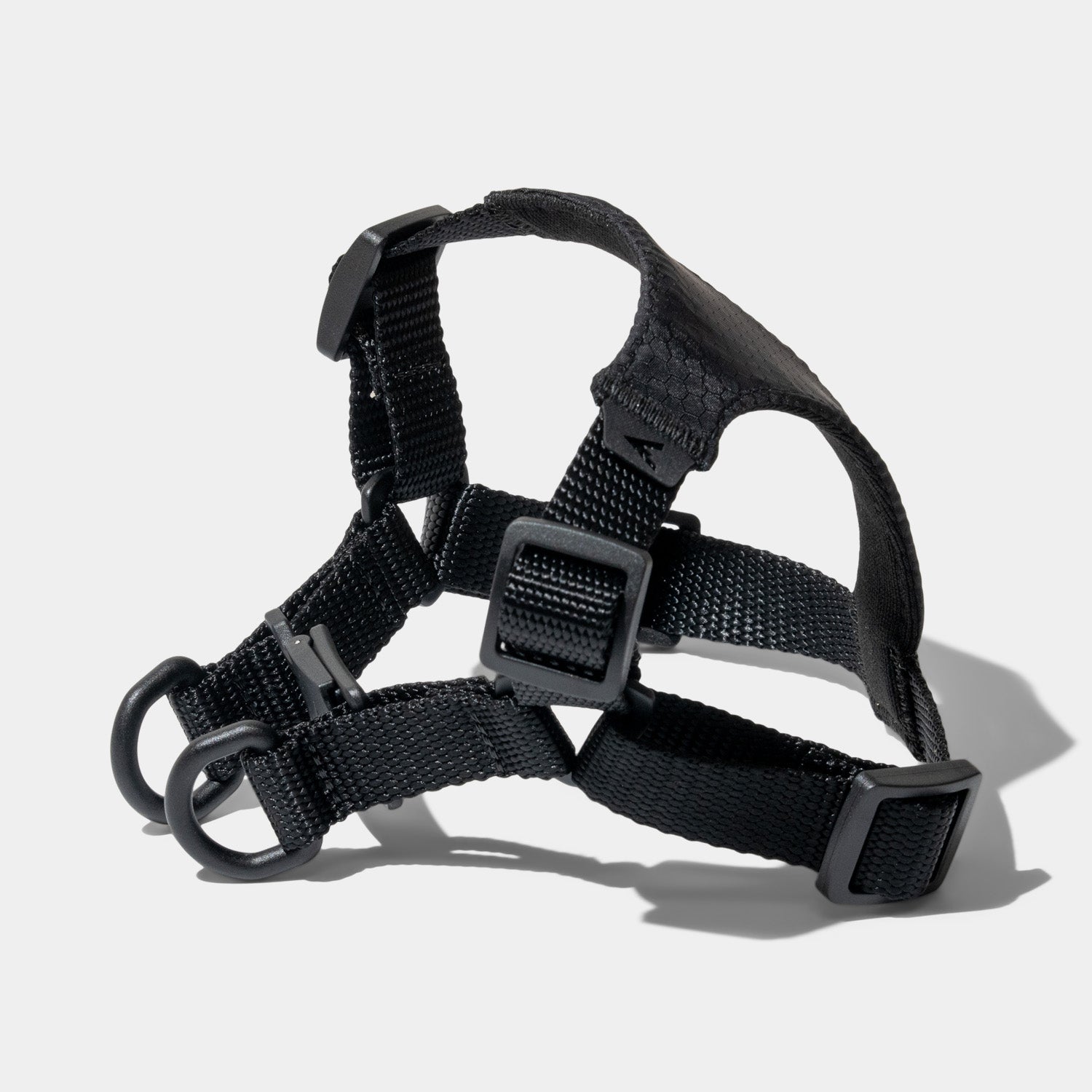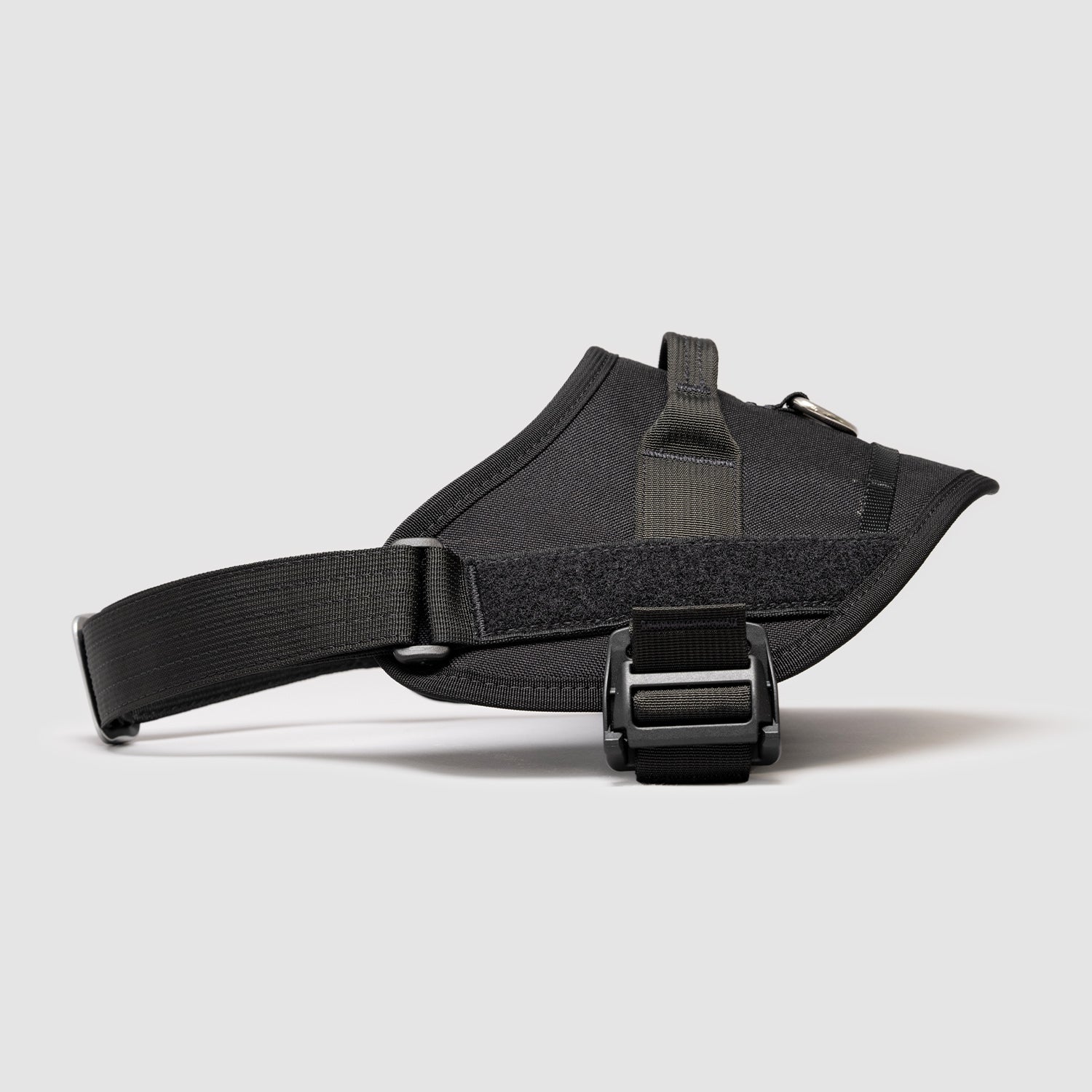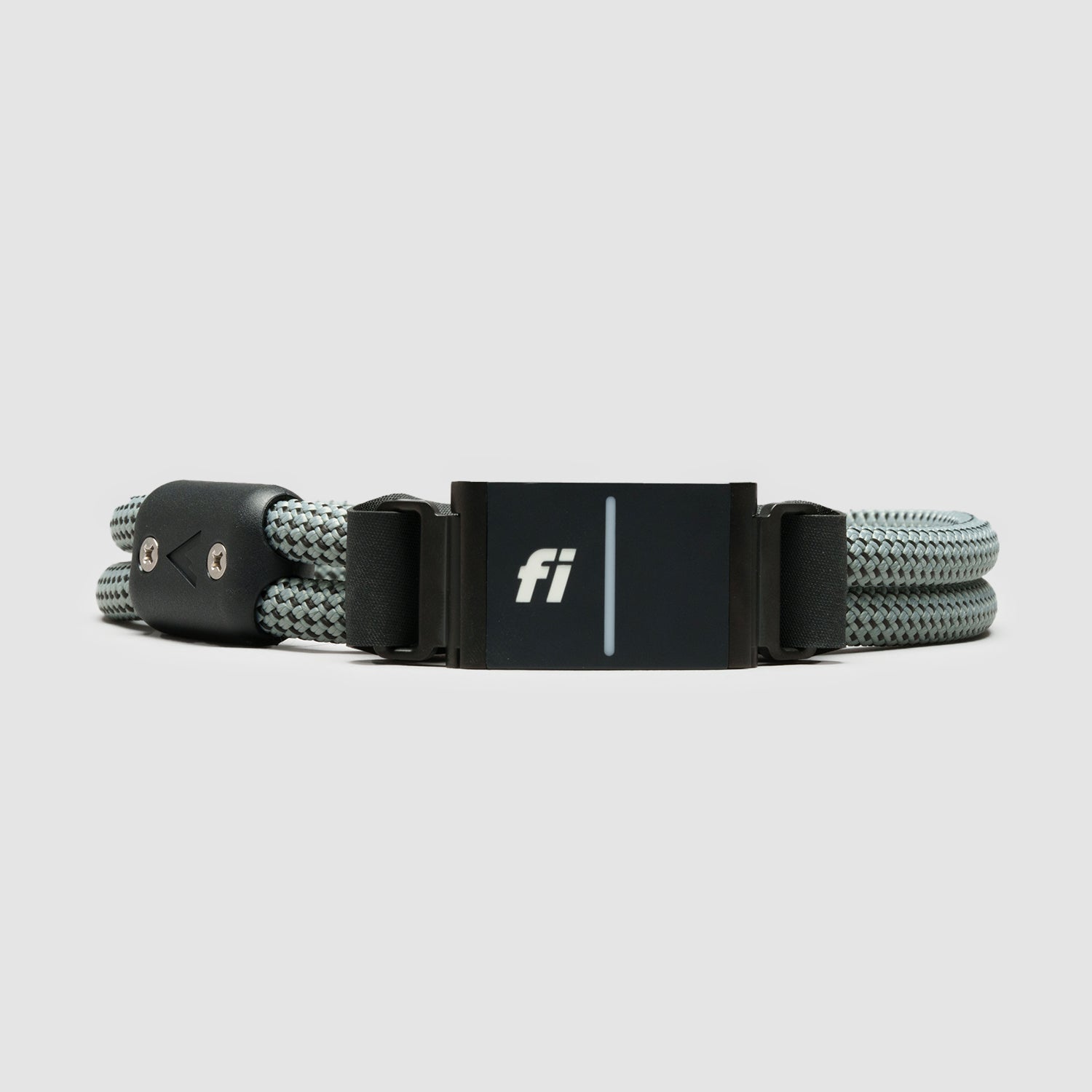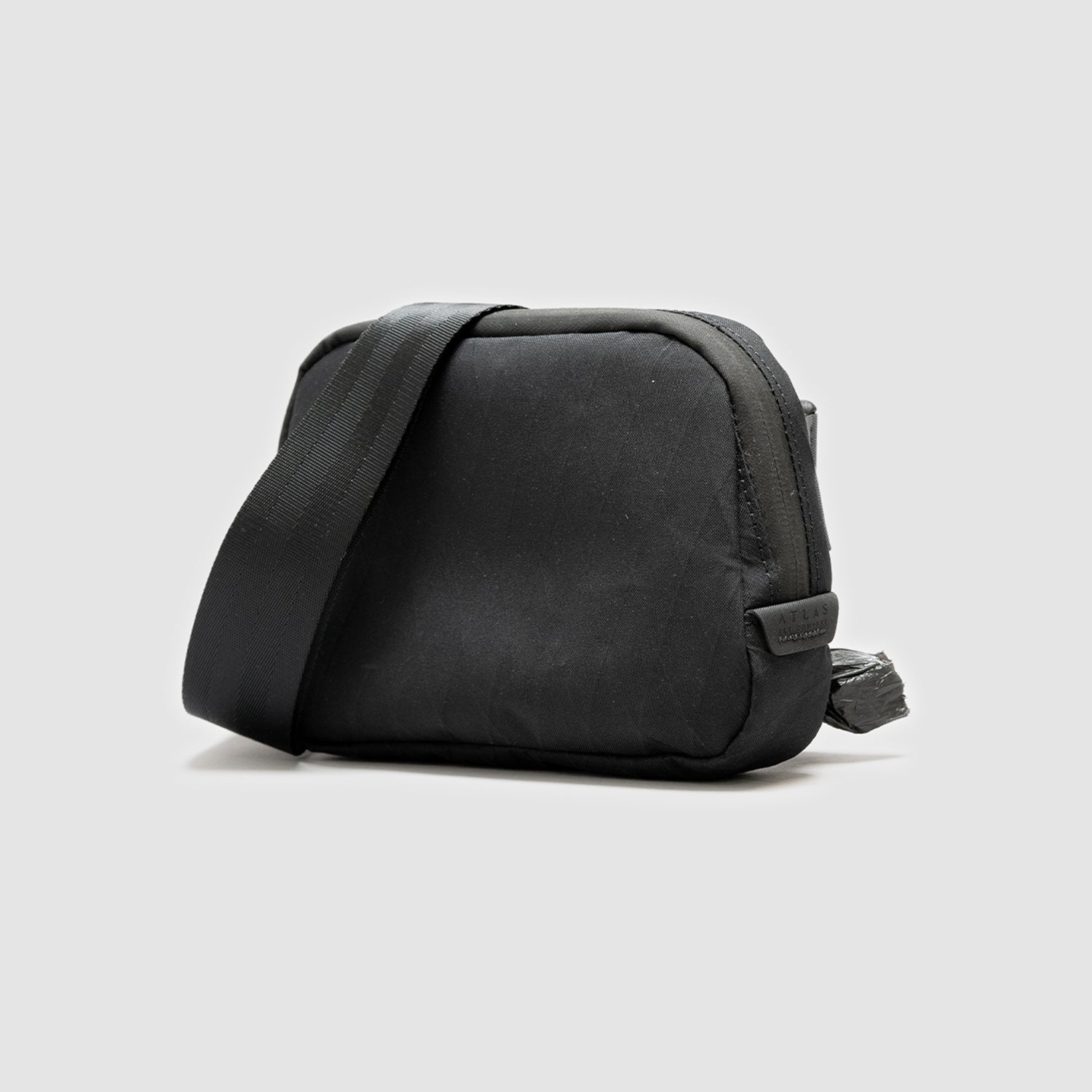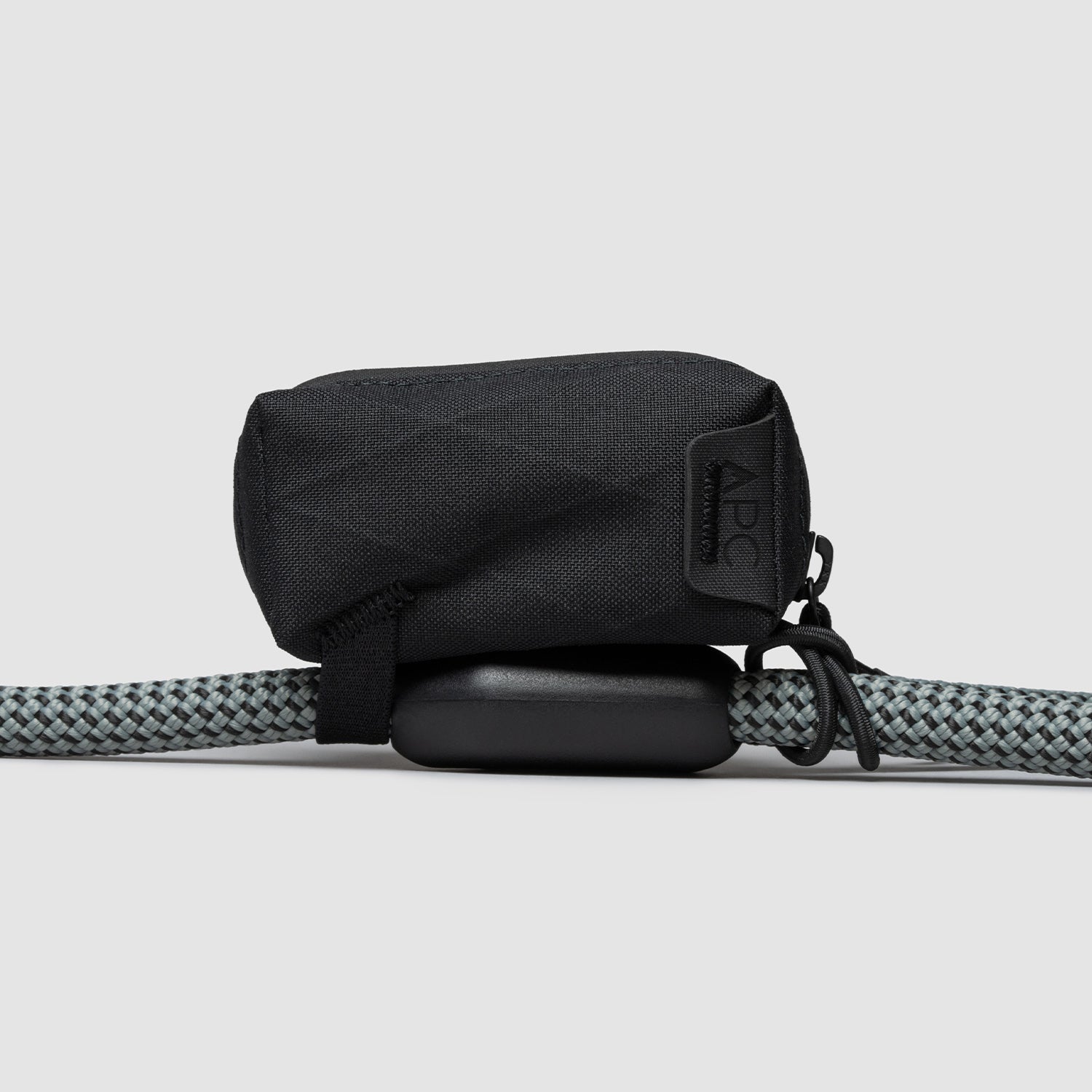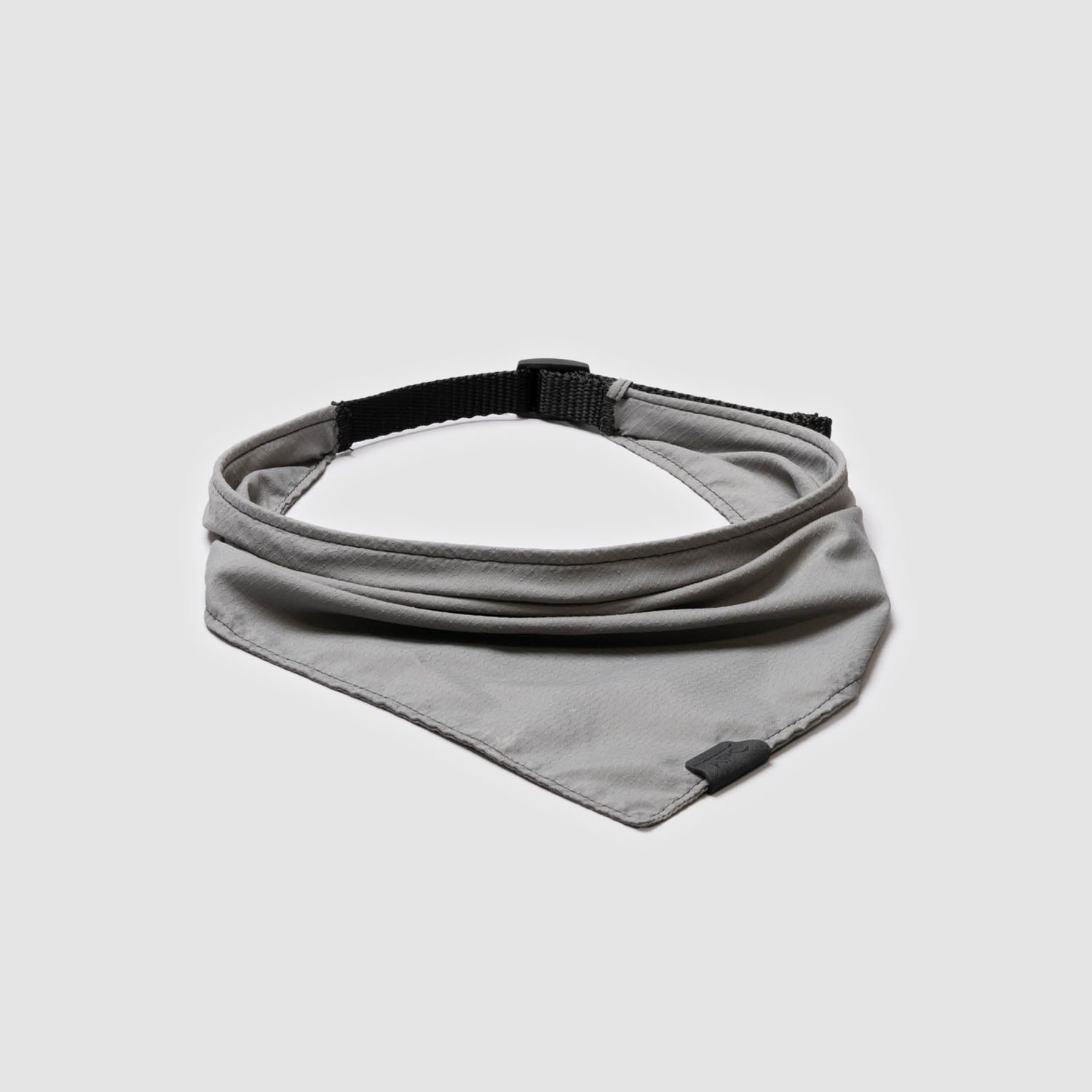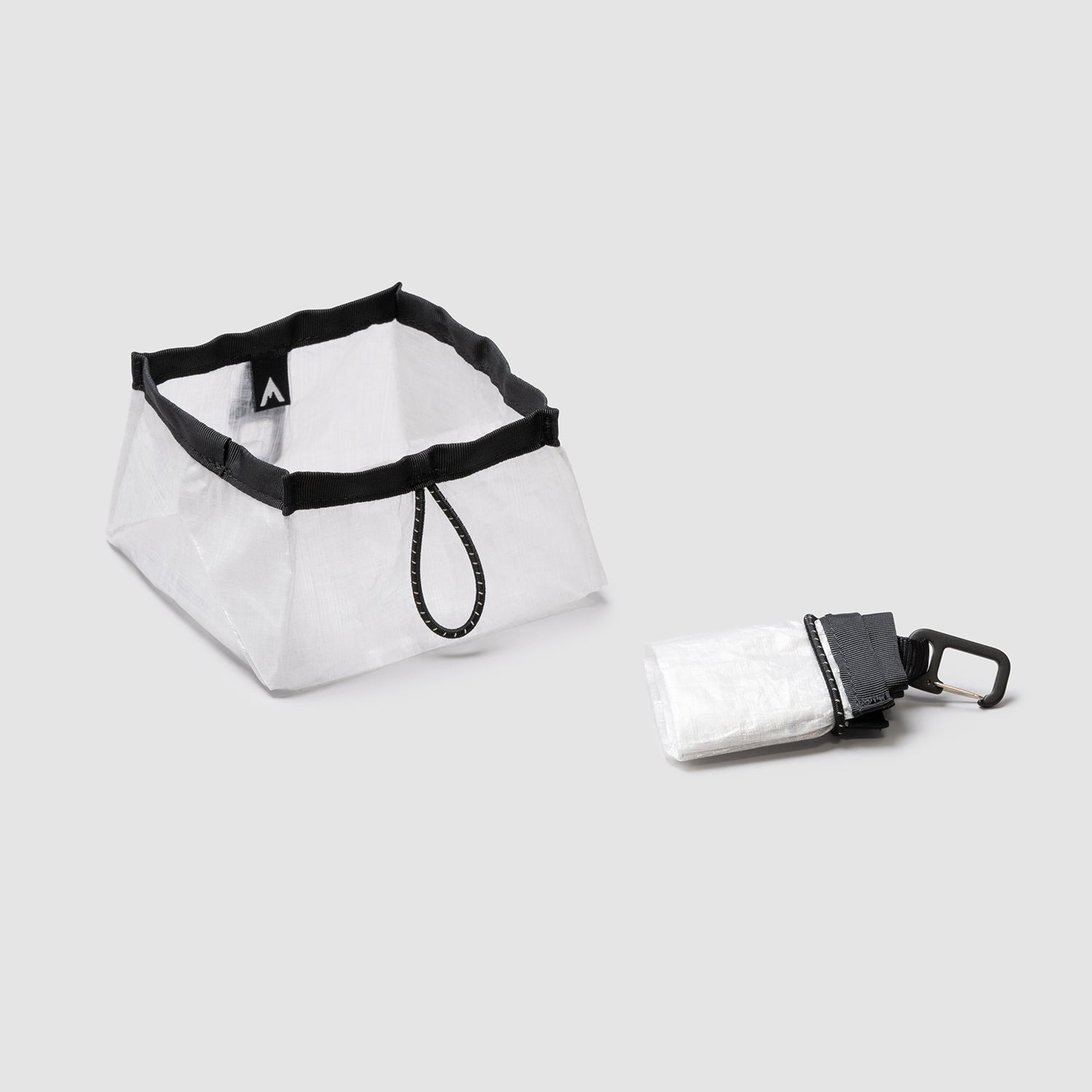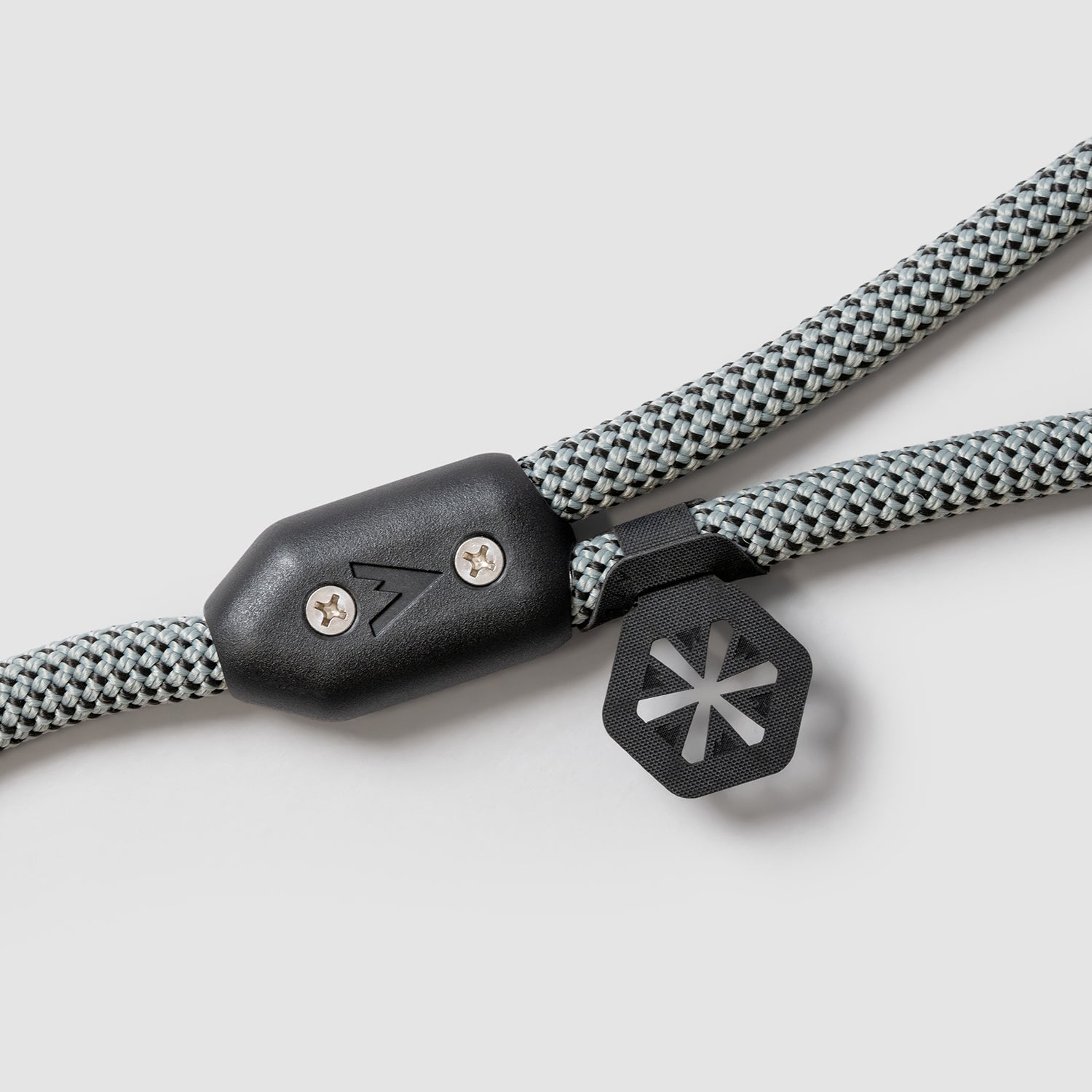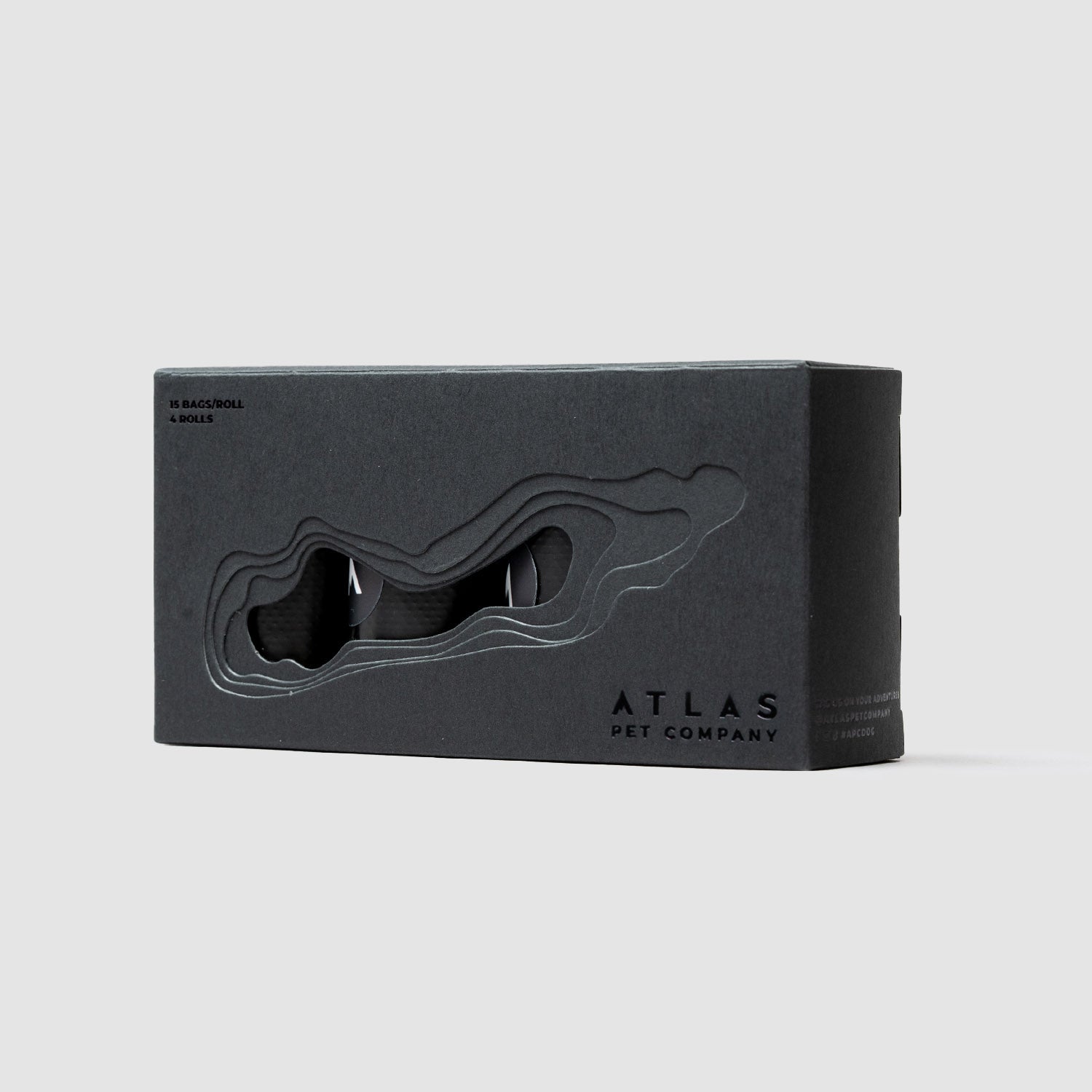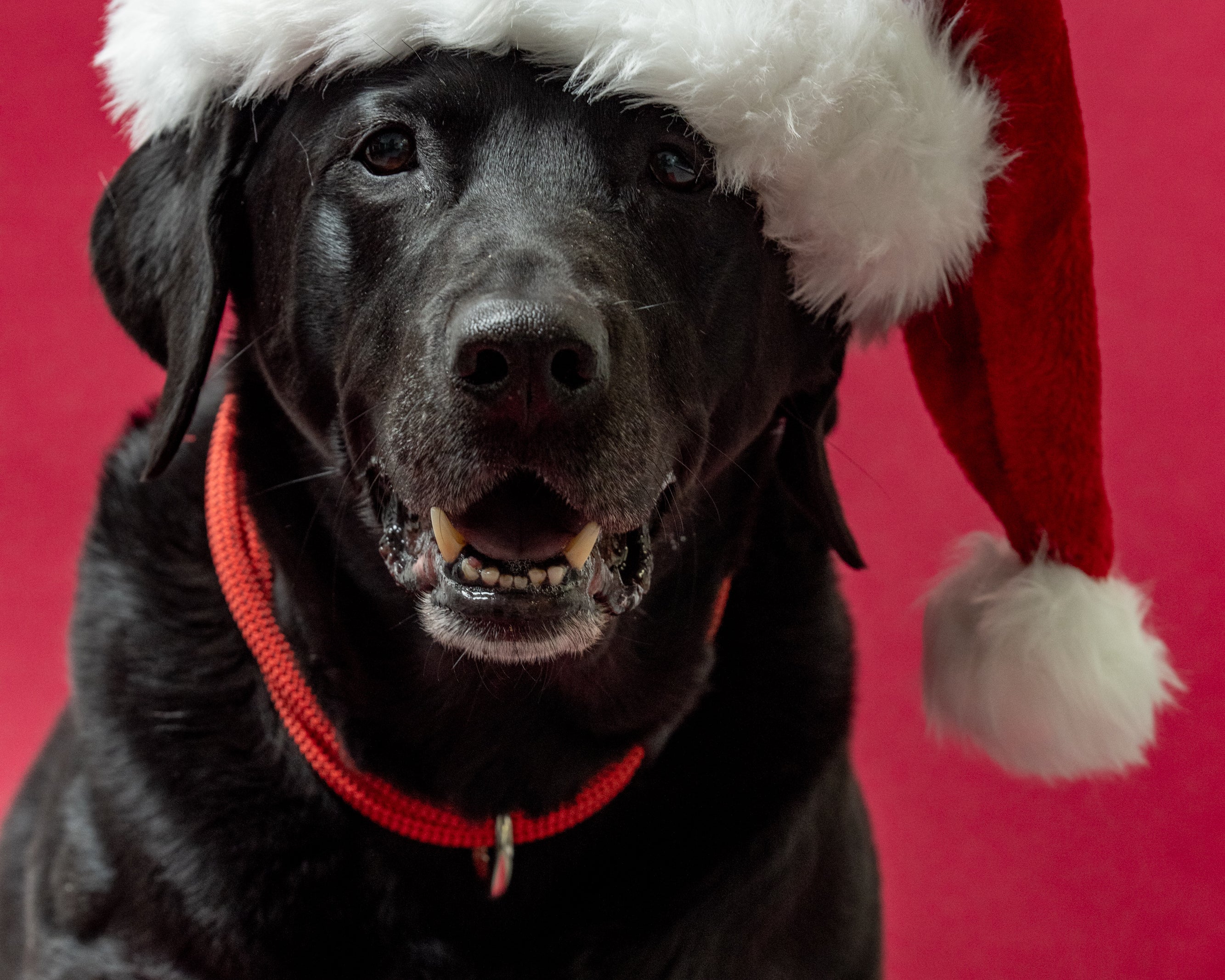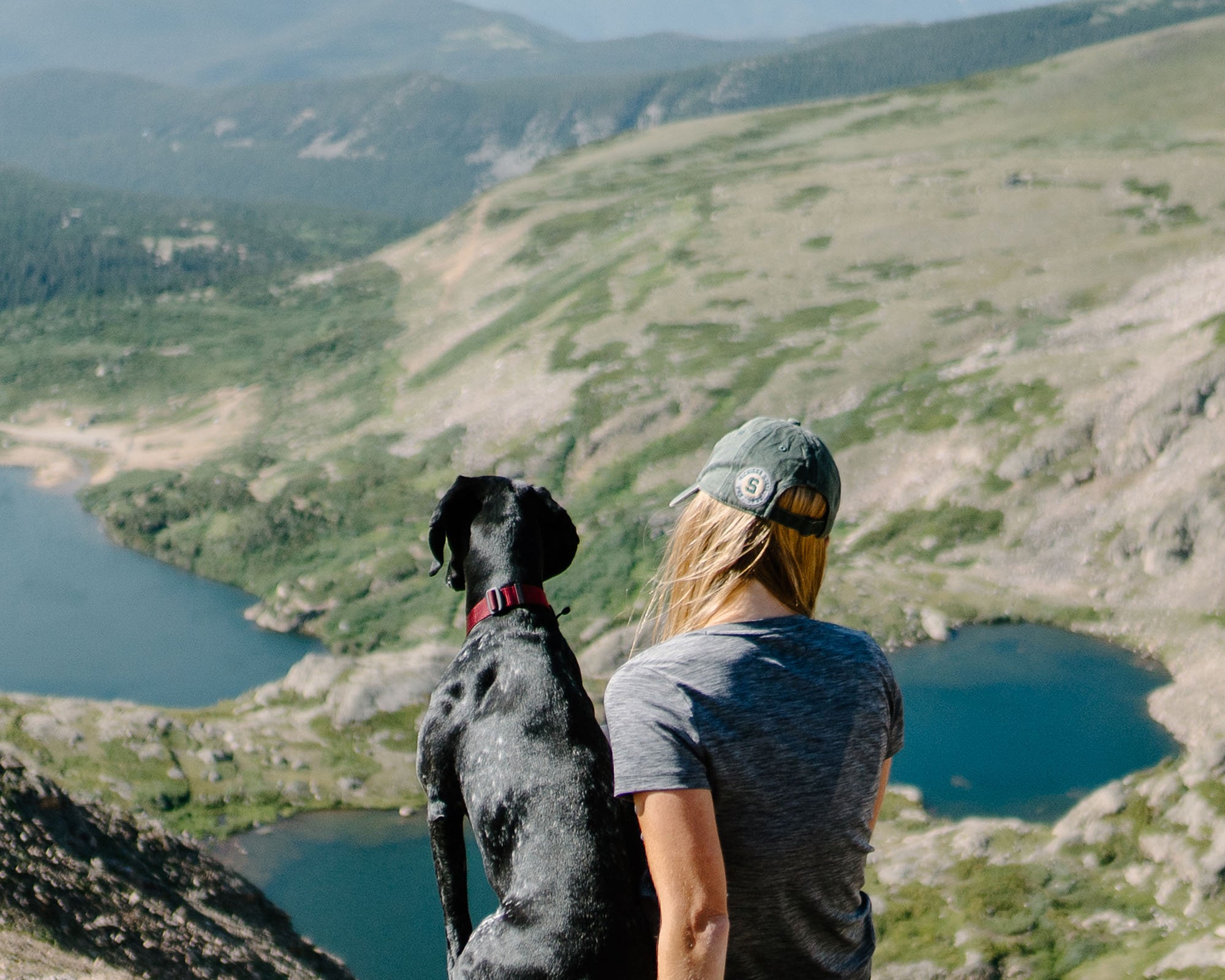The Atlas Guide to Traveling with Dogs

Last weekend I traveled to Utah with a friend and our two dogs. This prompted a lot of questions through Instagram about traveling with my dogs and how I do it successfully. I love traveling with Kane & Nyx and do so fairly often. In the summer we go camping most weekends and in the winter we take many ski trips, we bring them whenever possible! I love being able to bring them along and not worry about them adding stress to the planning. As the owner of a dog with behavioral issues like Kane it is also harder to secure a dog sitter, so having him with me is preferred. There are many factors that go into making traveling with your dog stress-free and many things you can do to help them help you!
Okay, let's talk about many different aspects of traveling with your dog...
The most valuable tip I have is to start young, if you have that option. A dog, like Nyx, who has traveled since 8 weeks old thinks of it as a normal activity. In her first year of life, she camped over 10 times and stayed in many hotels, Airbnbs and other people's houses. She doesn't even blink an eye when we arrive somewhere new and is happy to settle down and cuddle!
Another amazing command to teach them young is going to the bathroom on command. There is nothing worse than stopping to fill up with gas, letting them out to pee and having to wait 20 minutes for them to feel comfortable enough to pee. Both my dogs pee on commands which makes bathroom breaks quick & easy!!

Transportation
I have only done car travel with my dogs so I cannot speak to flying or public transportation at this time. My dogs are crated in the car, in Ruffland Kennels. A travel-safe crate is the safest way for your dog to ride in the car. For my dogs it also helps them relax. If they are loose in the car they pace, pant, try to get comfy and flop around with the car movement. In their crates they lay down and sleep immediately. If a crate isn't an option for you there are other solutions such as dog seat belts, hammocks or barriers to keep them contained. These options allow your dog to relax and you to focus on driving, not on what your dog might be doing. They wear collars with name tags on while driving and I also like to have leashes handy, attached to the outside of their crates so when we stop for bathroom breaks I can easily get them in and out of the car.
Emergency Information
I have an emergency sheet with contact information/important instructions attached to their crate. I also have copies of their rabies vaccination saved on my phone. I like to look up the nearest emergency vet to our destination, just in case.
Accommodation
Many people assume that traveling with dogs isn't possible because of accommodations. This is definitely not true and it is sometimes cheaper than paying a dog sitter or boarding your dog. We prefer to stay in Airbnbs when possible, as they might have a yard or fewer restrictions on breed/size/number of dogs, but hotels are sometimes more feasible in our destination. I base this decision on location and cost. Both Airbnbs and hotels will list on their website if they are dog friendly and if there are extra fees. I usually call or send a message to confirm prior to booking. Many Airbnbs and hotels have a limit on the number of dogs or restrictions on leaving dogs alone in the rental, so it is important to look into all of these things ahead of time. Also take your dog's behavior into account. Will they be stressed with noises above and next to them in a hotel or apartment? Will they bark at all these little noises? If dog's are not allowed on furniture do you have the training skills to keep them off it? A little tip: I usually request a first-floor room if we are in a hotel that doesn't have immediate outdoor access (like a motel does) so bathroom breaks are easier.

Atlas rocking his 22" silver Lifetime Collar. The fixed-length design sits looser to be more comfortable and prevent matted fur.
During your stay
I can't stress enough how helpful it is to have a crate-trained dog if you want to travel with them. I always bring their crates inside the rental or hotel. They sleep in their crates at night and go in them if we leave them alone. Even though they can be trusted loose in the house at home, it is a new place with new things to chew or play with. Crates mean I don't have to worry about them destroying anything and costing me more money. Also, many rentals require you to crate them if you want to leave them alone during your stay.
What to pack
Think about everything you use on a daily basis at home, you need ALL of it & more. I usually have a bigger bag for the dogs than I do for myself. Things I packed for my trip last weekend:
- Crate; as mentioned above. I utilize crates in new places to help them feel comfortable and relaxed.
- Food; with extra food & meal toppers because I knew we would be doing a lot of activity. Dogs can sometimes be picky about eating in new places so bring high-value things to add to their food if needed.
- Treats; a lot of them & make them all high value. New places and new distractions, their brain might be more distracted than when you're at home. Even simple things like going out to pee before bed might be difficult. I am very liberal with treats when we travel.
- Whatever training equipment, tools and attire you use on a daily basis; collar, leash, harness, prong collar, e-collar & charger, jacket, booties, cooling vest, etc.
- Toys, if your dog is into them. You can play at the Airbnb or hotel to help them feel comfortable and get out a bit of energy before or after a long drive.
- Their bed/place cot; Kane loves his bed and will immediately relax in a new place if I give him a familiar bed to lay on.
- Chews; this can provide mental stimulation if you're on the road for a while and don't have much time for physical exercise. It can also be great if you leave your dog alone in a new place to help them settle.
Research the area you are going to
Are there plenty of dog-friendly trails or do you have to plan carefully? Are there dog-friendly patios if you can't leave your dog alone in a hotel? What is the weather going to be like, can you leave your dog in the car while you go out to lunch/dinner, etc.?

